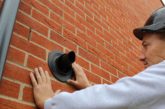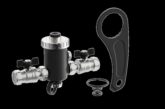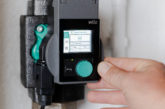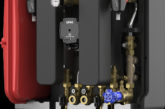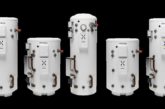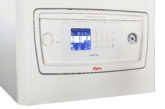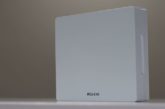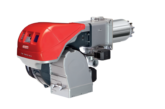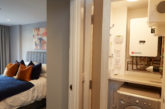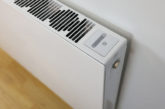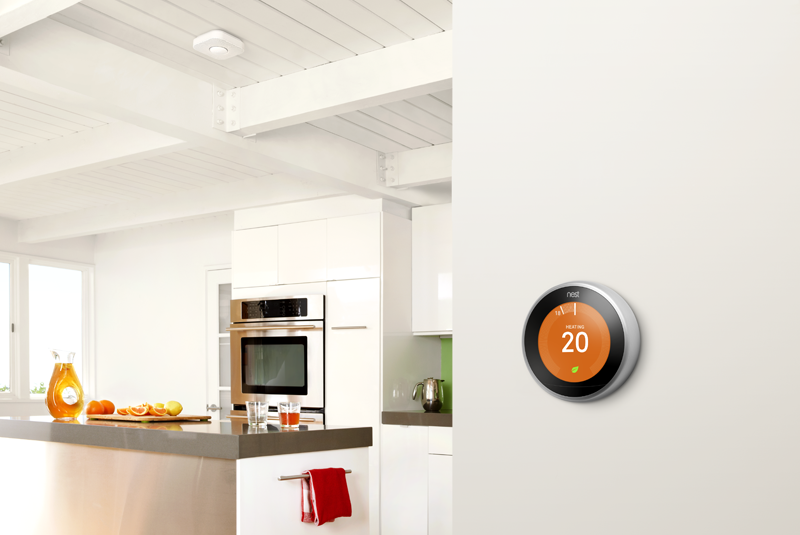
As interest in connected home devices continues to rise, Google Nest breaks down how this is set to offer opportunities for installers in the future.
Connected homes are here to stay. Research from PwC suggests that 30% of the UK population say they are planning to buy a connected home device within the next two years. That’s more than double the number who said the same back in 2016, underlining the huge growth in the industry. And, with connected home technology now integrating everything from heating and lighting to security and fire safety, this presents a huge business opportunity for professional installers. Particularly given that 59% of UK homeowners say they would prefer a professional to install their connected devices, according to Eureka Research.
Your business… in one year
PwC’s Connected Home 2.0 survey predicts that £10.8bn is expected to have been spent on connected home devices – including thermostats, video doorbells, security cameras, and more – in the UK by the end of 2019. This comes with two significant opportunities for installers.
Firstly, as more devices are purchased, there will also be a rise in the number of people turning to professionals for help installing and setting up their new connected home devices.
Secondly, YouGov’s Smart Homes 2018 report reveals that among people who currently own at least one connected home device, consideration for buying further such devices increases to 40%. In other words, you may be able to turn a simple installation into a much larger job – a customer who asks you to install a smart thermostat could then be more receptive to hearing about other connected home devices, such as indoor and outdoor security cameras.
Your business… in two years
As we move into the 2020s, all evidence points to a new trade emerging. “In the past, we’ve had quite disparate trades – there’s heating engineers, electricians, security and more, each responsible for fulfilling only one aspect of a customer’s needs,” says Paul Haynes, Head of Industry Partnerships at Google Nest. “With connected technology, a new trade is arising, and the traditional installer – with their skills and knowledge – has much of the core expertise required to join this new trade.”
And it’s not just new customers who will be seeking out the skill set of this modern brand of professional installer. You can expect to receive repeat customers, too, as PwC predicts over 40% of existing connected homeowners in the UK are expecting to upgrade their devices within the next two years. The more of these devices you are familiar with, and the more connected home installs you do today, the better for your business.
Your business… in five years
By 2025, connected homes are expected to become the norm. “In the next few years, connected home technology will be completely normalised, just like the internet is today,” says Professor Dorothy Monekosso, Director of Research at the School of the Built Environment, Leeds Beckett University. “There will be no need to explain what connected home devices are, or what they do, because almost everyone will own at least one. I expect there to be a particular demand when it comes to home security – such as cameras and entry systems – but also assisted living, helping our ageing population to live more autonomously.”
Needless to say, within the next few years, acquiring expertise within the connected home market will become essential for installers.
The installer’s view
Two professional installers share their insights and experiences from working with connected home technology, and the benefits that embracing this market has brought to their businesses.
Peter Booth
It’s only a matter of time before we’ve all got these devices in our homes. From my perspective, learning about this market and these products, and making sure I’m comfortable installing them, is a way to prepare my business for the future. I like to talk to customers about the interconnectivity of the Google Nest ecosystem – you can have the Protect smoke and CO alarm, the Hello video doorbell, the cameras, the thermostat, all linked on the same device. It just makes life easier.
Customer feedback is key – and it doesn’t have to be from traditional channels. On my Instagram, I asked people to comment on what their favourite smart controller was, and Nest came out on top. From what I’ve gathered on my YouTube and social media channels, professionals like fitting Nest products. It’s a nice, easy, clean job.
Having Nest installed in my own house makes it easy for me to show customers how it works and how simple it is, right there on my phone. If you’re installing something in other people’s homes, you have to know your way around them, so that your customer has enough confidence in you to actually buy the control. You don’t want to be the person who fits it and is then stood there reading the instructions, like you don’t know what you’re doing.
Amrinder Singh, Handa Heating
I first came across Nest about four years ago. I searched the website and saw the option to sign up for an installer account. Slowly but surely, I started to receive customers from Nest. That first year, I received 30 to 40 jobs. The next year, double that. Now I install, on average, three to five of its products every day.
Every installation has the potential to turn into an even greater business opportunity. It’s very common that a customer will get me in to install a Nest thermostat, for example, and then while I’m there, ask if I can replace the boiler, too. So, I’ll get a job through the company that turns into an even bigger job. Also, customers will often call back and say: “We love our thermostat, now we want to install a doorbell and security cameras – can you help us set it all up?”
There is a definite benefit to becoming a Nest Pro, especially for people who are starting a new business. The way the programme works, you complete a job and receive a good review, then you receive another job and another good review, and so on. The more jobs you do, the more new customers you’ll acquire.


